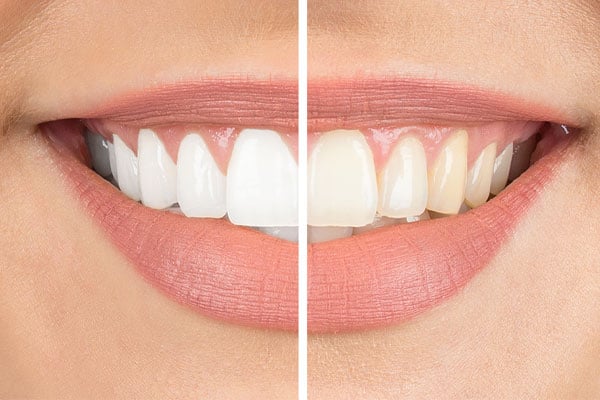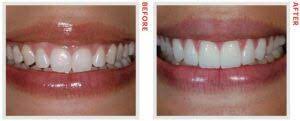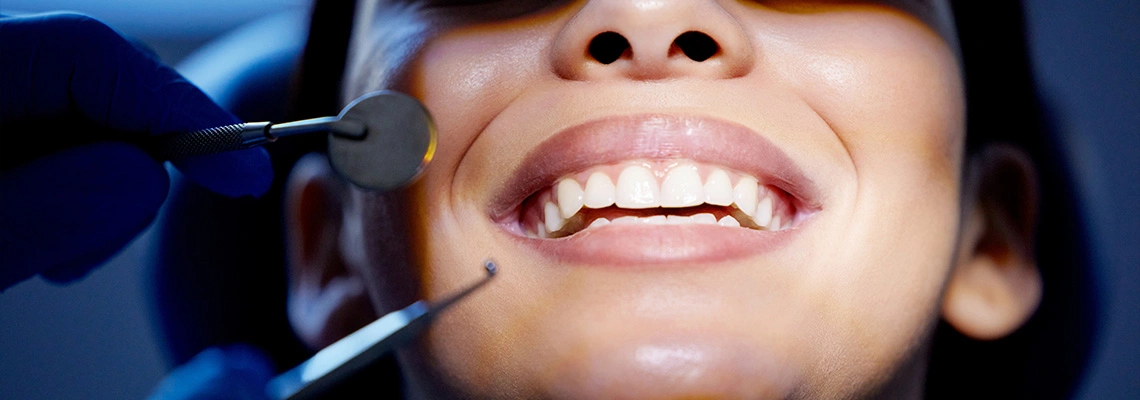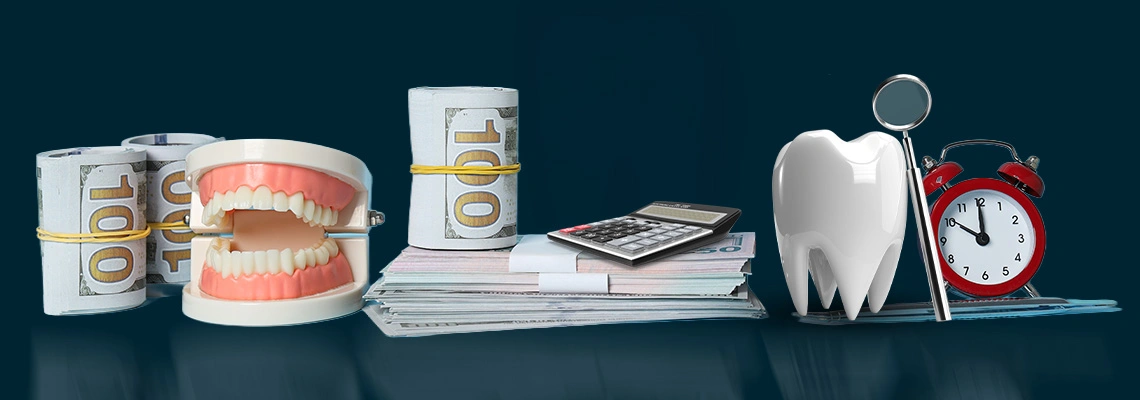Dental veneers and bonding are considered the most common cosmetic dental procedures. Such procedures aim to correct any malformation in the color or structure of teeth. Nevertheless, many patients can not make up their minds easily regarding which treatment is more suitable for them. This article helps illustrate the main differences between veneers vs dental bonding.
Table of contents:
What is better veneer or bonding?
This could be the main question that patients and dentists face during dental treatment. Dental bonding includes using composite resin to restore the damaged tooth structure. While veneers are thin shells made of porcelain or zirconium and cemented on the tooth surface after preparation. Although both consider cosmetic treatments, each procedure can be more suitable than the other according to the case.
Related articles
Which lasts longer bonding or veneers?
The lifespan is the main measure to compare bonding and veneers. Generally, veneers are considered long-lasting as it requires partial removal of tooth structure to ensure the stability of the cemented veneers. On the other hand, dental bonding's durability depends highly on the oral environment and dentist experience. Full isolation, proper procedure, and application of composite can lead to a relatively longer lifespan. Nevertheless, the high natural quality of the veneers made it the perfect choice in the long term.
What looks more natural bonding or veneers?
There are different factors that determine the natural look of a dental material which are:
-
The available color shades.
-
The structure and translucency of the material.
-
The long-term changes
-
Probability of staining
Depending on these factors, dental veneers consider having a more natural look. This is due to the high translucency, natural tooth color matching, and lower ability to stain compared to dental bonding.
Can I get bonding instead of veneers?
The indications for both dental bonding and veneers are similar, thus using any of the treatments can not be a big issue. Nevertheless, in some cases such as deep intrinsic staining, considerable damage to the tooth structure, and high aesthetic expectations, dental bonding can not be used instead of veneers. Choosing to bond over veneers in such cases demands multiple replacements in the long term and can lead to more damage to the tooth structure.
Can you get veneers after dental bonding?
The decision of having dental veneers depends on the status of the structure, especially with previous bonding treatment. But in most cases, patients can have dental veneers after dental bonding, unless there is a considerable structure loss due to caries or fractures. In that case, the patient may need a full dental crown.
Is bonding cheaper than veneers?
Dental bonding is considered an economic treatment option in comparison to veneers. Thus dental bonding is cheaper and more suitable for patients who consider a low budget. But, the need for removal and replacement of composite over years is noticeably higher than the veneers which decreases the value in the long-term expenses between the choices.

Bonding vs veneer’s cost
The cost of dental treatment varies according to the:
The geographical location: the dental treatment expenses differ largely according to where you receive them. Dental clinics in Turkey introduce a very suitable set of dental services at a reasonable cost compared to European and American clinics.
-
The quality of the material: the costs in the same country can change according to the type and brand of dental material.
-
The experience of the caregivers and the level of specialty of the medical staff.
-
Other services: some services such as airport reception, dwelling, and transportation can accompany the dental treatment which changes the costs.
The overall costs of dental bonding for the tooth can range from 100-400 $. While dental veneer expenses can start from 1000 $ per tooth.
Bonding vs veneers pictures


Resources:
- Teeth Bonding: What You Need to Know
- Teeth Bonding: What to Expect If You Have Your Teeth Bonded (healthline.com)
- Teeth Bonding
- Learn More About Dental Bonding for Your Teeth (webmd.com)















